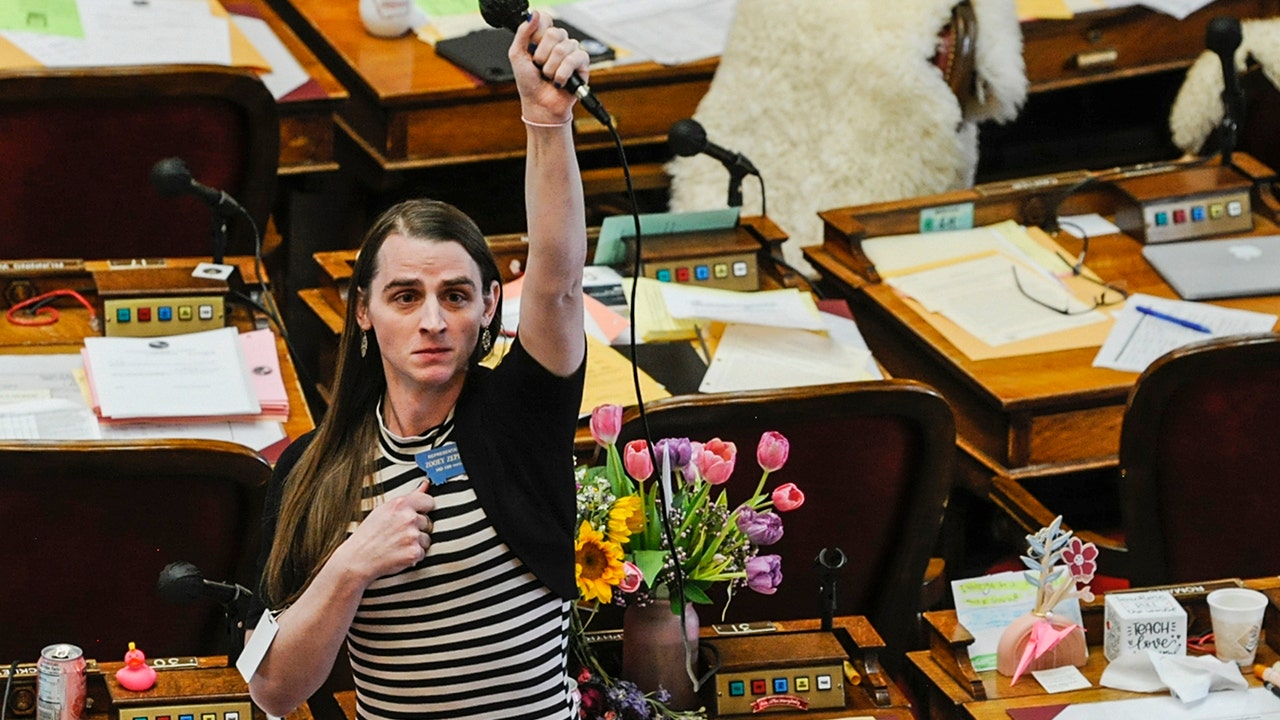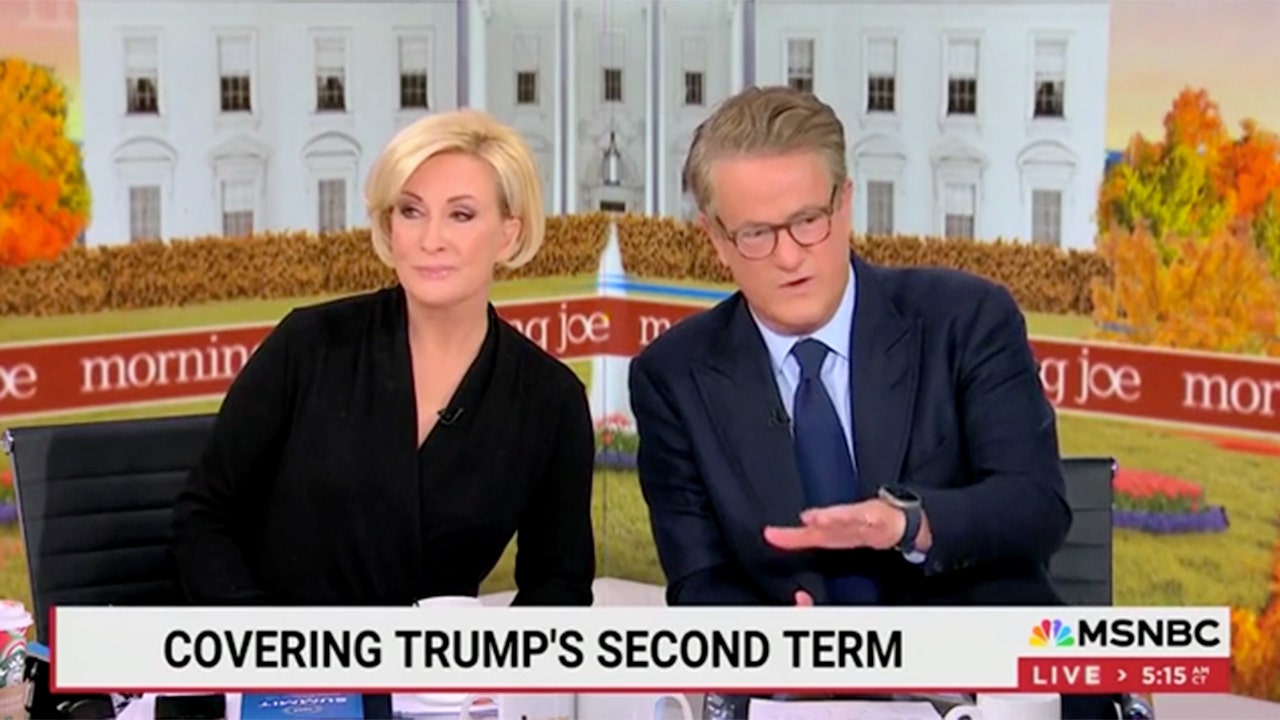Posted on Thursday, November 14, 2024
|
by Shane Harris
|
0 Comments
|
President-elect Donald Trump has announced a number of high-profile cabinet picks in recent days, but two non-cabinet appointments that are getting a significant amount of attention are those of Elon Musk and Vivek Ramaswamy to lead the Department of Government Efficiency – “DOGE” for short, after the amusing internet meme that Musk helped make famous.
“Together, these two wonderful Americans will pave the way for my Administration to dismantle Government Bureaucracy, slash excess regulations, cut wasteful expenditures, and restructure Federal Agencies – Essential to the ‘Save America’ movement,” Trump said in a statement. “It will become, potentially, ‘The Manhattan Project’ of our time.” The announcement fulfills a campaign promise for Trump, who pledged at the New York Economic Club this summer to create the office and install Musk to lead it.
Musk and Ramaswamy, who entered the political fray this year and became top Trump surrogates, have both defined themselves as crusaders against excessive bureaucracy. “There are around 428 federal agencies,” Musk said in an interview with Tucker Carlson earlier this year. “There’s so many that people have never even heard of. I think we should be able to get away with 99 agencies.”
Ramaswamy has been just as strident and vocal in his opposition to the ever-bloating size of the federal government. “The people who waxed eloquently about ‘threats to our democracy’ were really most worried about threats to our bureaucracy – which is the *actual* threat to democracy itself,” the entrepreneur and former Republican presidential candidate posted on X earlier this month.
Trump’s establishment of the “DOGE” office comes following four years in which the Biden-Harris administration significantly expanded the federal bureaucracy – and could be one of the president-elect’s most powerful tools for combatting the inflation that has plagued Americans over the past four years.
Under Biden, federal spending has exploded to more than $6 trillion per year, and trillion-dollar deficits have become the norm. The national debt has doubled to more than $35 trillion since 2015. The country now spends more than $1 trillion per year just on interest payments on its debt, and the debt-to-GDP ratio – a key metric of economic resilience – has now topped 120 percent.
The federal workforce has also exploded in size under Biden, adding as many jobs in the last four years as the prior 13.
Musk has said he believes he can cut federal spending by $2 trillion per year. It’s undoubtedly an ambitious target, but there are plenty of places to start.
According to the Congressional Budget Office, for instance, there are at least 1,264 federal programs and bureaus that have expired authorizations, but they still received $516 billion in funding for Fiscal Year 2024. The National Institute of Allergy and Infectious Disease spent nearly half a million dollars in 2023 to study HIV in “transgender” monkeys. The Army has damaged $1.8 billion in equipment due to “improper storage.”
American taxpayers have also funded an $8.6 million “investment” in promoting tourism in Egypt. (In total, the U.S. Egyptian embassy website brags, “Since 1978, the American people have invested over $30 to support Egypt’s economic development” – never mind the rapid decline in America’s own economic development over that timeframe.) The U.S. Government Accountability Office (GAO) estimates that the federal government made $247 billion in “improper payments” in Fiscal Year 2022 alone, including “payments to deceased individuals or those no longer eligible for government programs.”
The Department of Defense is one of the biggest culprits for wasting taxpayer dollars. Even as enlisted troops struggle to make ends meet, the Pentagon’s accounting records are now so convoluted that the agency can’t even account for billions in spending, and it has never passed an audit. GAO estimates that 58 percent of the Pentagon’s assets – worth $39.6 billion – are unnecessary. Over the past three years, the Navy has “lost track” of $3 billion worth of equipment.
This list is just a minuscule fraction of the enormous waste, fraud, and abuse that abounds in the federal government’s continual spending spree. The problem has grown too large for any internal agency office to handle.
Trump’s appointment of Musk and Ramaswamy to tackle the government efficiency crisis presents the first real hope in decades to seriously address the problem. As successful entrepreneurs, both men have a proven track record of trimming the fat to boost the profitability and productivity of their enterprises.
After Musk acquired Twitter, for instance, he slashed 80 percent of the workforce and demanded more from the remaining employees. Despite predictions that the platform would collapse, it has instead thrived under Musk’s leadership.
Musk and Ramaswamy promise to be successful for the same reason Trump was successful – they are outsider business leaders who don’t think like the Washington machine. Government is the only industry that doesn’t have to turn a profit to survive – to the detriment of the taxpayers that fund it. The more that Musk and Ramaswamy can make the government function like a well-run private company, with real accountability and meritocracy, the stronger the country will be.
Trump has said that the work of the DOGE will conclude “no later than July 4, 2026,” the 250th anniversary of the signing of the Declaration of Independence. In this DOGE is as close to perfect as it gets – a government commission whose sole purpose is to eliminate the need for its own existence.
Shane Harris is a writer and political consultant from Southwest Ohio. You can follow him on X @shaneharris513.
Read the full article here











